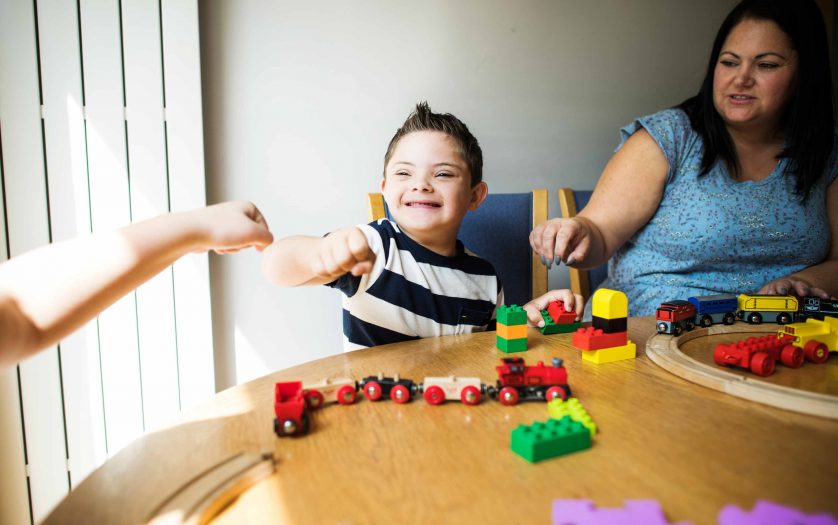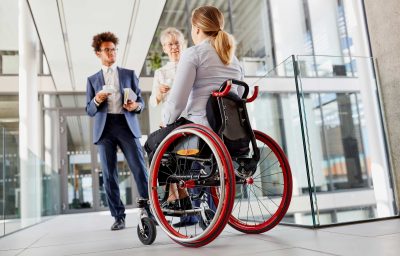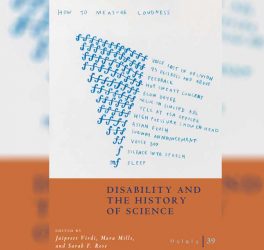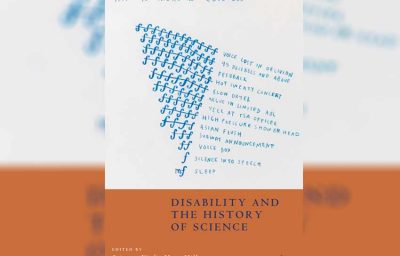
IHC is urging the New Zealand government to mandate the end of physical restraint in schools.
OIA figures obtained by IHC show, on average, students attending New Zealand’s residential specialist schools (RSS) in the past five years were more than 5,000 times more likely to be restrained by teachers and support staff compared to a mainstream school.
The Ministry of Education is currently considering whether to make it easier for students to be enrolled in RSS.
However, IHC Director of Advocacy Tania Thomas says until the three residential specialist schools, Halswell, Westbridge and Salisbury, commit to working towards a restraint-free environment, it isn’t safe to increase RSS enrolment.
“There is no evidence that physical restraint is an effective way to reduce challenging behaviour,” says Tania. “The Ministry of Education has admitted that the physical restraint incidents at RSS are often used for behaviour management rather than for safety reasons.
“We do not want to look back in 20 years’ time, as is happening now with the Inquiry into Abuse in State Care, to see that we did nothing to stop children from being physically restrained.
“It reduces the mana of all people involved, with negative feelings and emotions being experienced by the person being physically restrained as well as the person doing the physical restraint.”
IHC’s concerns were echoed by the United Nations Committee on the Rights of Persons with Disabilities last week, which specifically recommended that the New Zealand Government withdraw the proposal to change the entry requirements for residential specialist schools.
The Committee also strongly emphasised that New Zealand must invest more in inclusive education and eliminate the use of physical restraint in places of detention.
Additionally, new Health and Disability Services standards for disability service providers commit providers to working towards a physical restraint free environment.
Tania says if this is what we expect of services that work with disabled adults, we should not expect less for schools that work with disabled students.
“Students with behavioural difficulties need support and understanding – it is not likely that they can control the behaviour they are demonstrating without positive behaviour support.
“Physical restraint is not likely to help these problems, but instead make them worse.
“It is not OK, and cannot be justified, especially for our young people – this harmful practice must end.”
IHC is calling for the government to:
- mandate that schools create and implement action plans to end the use of physical restraint
- create and legislate holistic standards of care for students at RSS in the Education and Training Act. These care standards could be similar to the Oranga Tamariki National Care Standards to apply to students away from home enrolled in RSS.
- provide better access to flexible respite care for families and whānau with school age children.
- fund de-escalation and positive behaviour support training for teachers and teacher aides working with disabled children in mainstream, special schools and RSS
- raise awareness, learning and development for school boards of trustees to better understand the importance of their role in making education inclusive for all








